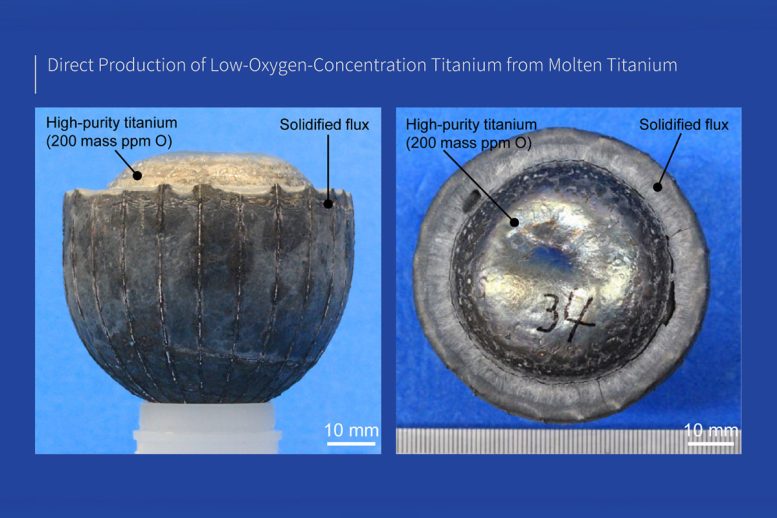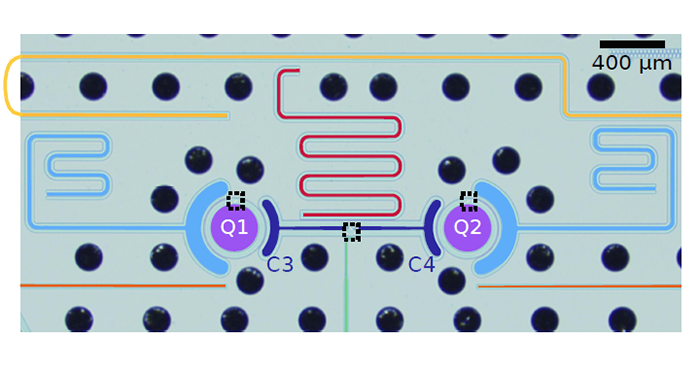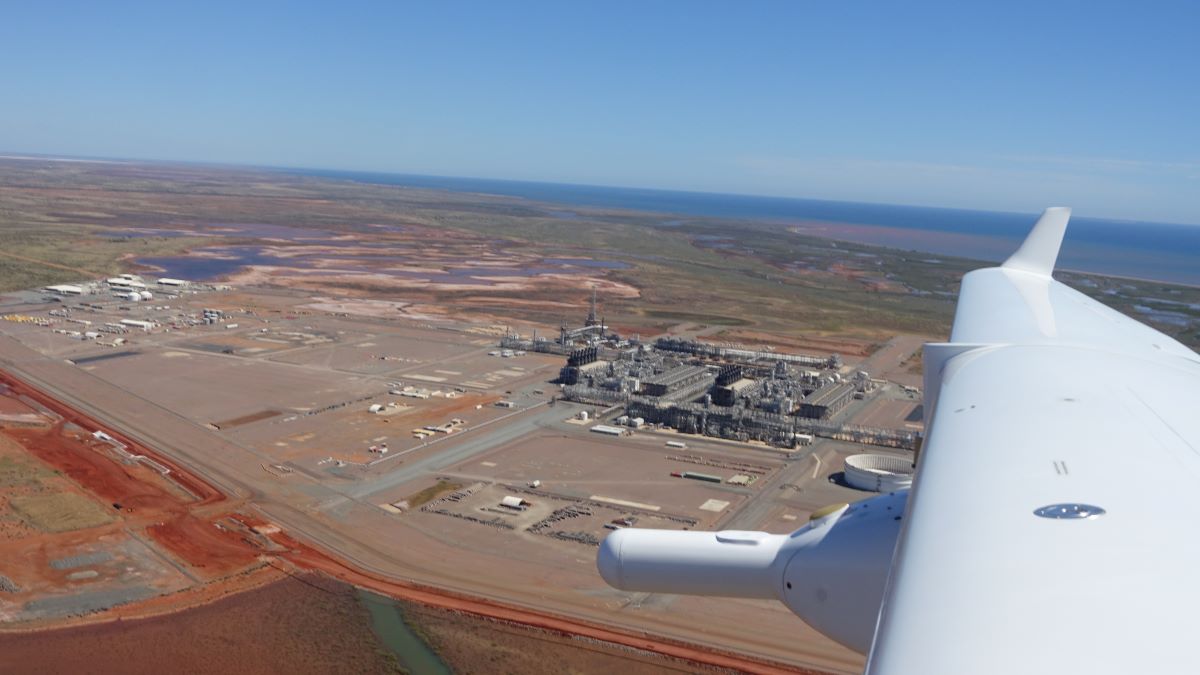Researchers at the University of Tokyo have developed a new method to produce titanium with minimal oxygen content, significantly reducing the production costs. Their study introduces a cost-effective process using yttrium to lower oxygen levels to 0.02% by mass. This breakthrough could enable wider industrial use of titanium, although the presence of yttrium, up to 1% by mass in the titanium alloy, poses a challenge that needs addressing to fully realize the potential applications in manufacturing.
A new method developed by Tokyo researchers significantly cuts the cost of producing low-oxygen titanium, promising broader industrial use once issues with yttrium contamination are resolved.
Titanium ranks as the ninth most abundant element in the Earth’s crust, but products made from pure titanium are rare due to the high cost of extracting oxygen from titanium ore. Lowering these costs could prompt manufacturers to leverage titanium’s beneficial properties more widely in their products.
Now, in a study recently published in 
Researchers from the Institute of Industrial Science, The University of Tokyo, have efficiently removed oxygen from high-oxygen-concentration titanium, which might help reduce the production cost of an otherwise versatile metal. Credit: Institute of Industrial Science, The University of Tokyo
Unfortunately, producing ultrapure titanium is significantly more expensive than manufacturing steel (an iron alloy) and aluminum, owing to the substantial use of energy and resources in preparing high-purity titanium. Developing a cheap, easy way to prepare it—and facilitate product development for industry and common consumers—is the problem the researchers aimed to address.
Innovative Oxygen Removal Technology
“Industry mass-produces iron and aluminum metal—but not titanium metal, because of the expense of removing the oxygen from the ore,” explains Toru H. Okabe, lead author of the study. “We use an innovative technology based on rare-earth metals that removes oxygen from titanium to 0.02% on a per-mass basis.”
A critical step in the researchers’ protocol is reacting molten titanium with yttrium metal and yttrium trifluoride or a similar substance. The end result is a low-cost, solid, de-oxygenated titanium alloy. The reacted yttrium can be recycled for further use. A highlight of the researchers’ work is that even titanium scrap that contains large amounts of oxygen can be processed in this manner.
“We’re excited by the versatility of our protocol,” says Toru H. Okabe. “The lack of intermediate compounds and straightforward procedures will facilitate adoption in industry.”
This work is an important step forward in making more efficient use of high-purity titanium than at present. A limitation of this work is that the resulting de-oxygenated titanium contains yttrium, up to 1% by mass; yttrium can influence the mechanical and chemical properties of titanium alloy. After solving the yttrium contamination problem, applications to industrial manufacturing will be straightforward.
Reference: “Direct production of low-oxygen-concentration titanium from molten titanium” by Toru H. Okabe, Gen Kamimura, Takashi Ikeda and Takanari Ouchi, 12 June 2024, Nature Communications.
DOI: 10.1038/s41467-024-49085-4





















Discussion about this post